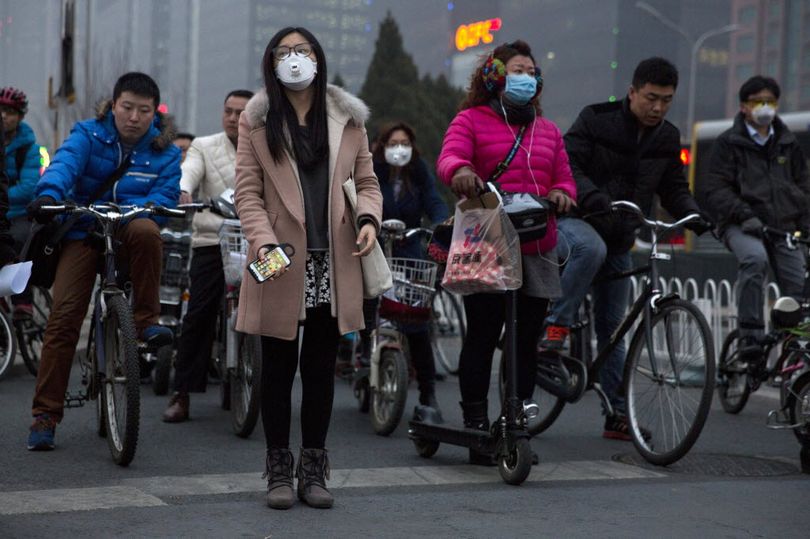A war or a city?

;
"You own a car, not the street. The street belongs to all of us. This is not a war. It's a city."
That quote appears near the end of the film Bikes vs. Cars by Swedish filmmaker Frederik Gertten - a seemingly polemical documentary that's probably not coming to a screen near you, at least in Spokane.
The film pits the lowly cyclist versus the monstrous crowds of cars, a David versus Goliath struggle to save the world, and as its viewer we are obviously meant to side with cyclist.
As a cyclist myself, I of course appreciate cycling in the city. Cars occasionally cut me off. Sometimes it's not an easy coexistence. But is it a war? Does it do any good to pit bikes versus cars? I mean, I own both, I pilot both and I like both.
Eric Jaffe, at CityLab, puts is better than I can:
Instead the heavy-handed style of Bikes vs. Cars often obscures—and occasionally even confuses—the real challenges in creating equitable transport systems. There are plenty of great arguments for car alternatives that don't reference the mythical GM streetcar conspiracy. There are lots of benefits to bike lanes that wouldn't do a thing for bumper-to-bumper traffic on urban interstates. There is every reason to want to eliminate bike fatalities, but generalizing drivers as irresponsible drunks, as one activist does during a street protest, doesn't exactly claim the moral high ground over the likes of Rob Ford.
(Ford, by the way, is the disgraced former Toronto mayor who can be heard at the beginning of the film's trailer saying, "Roads are built for buses, cars and trucks. Not for people on bikes. My heart bleeds for them when I hear someone gets killed, but it's their own fault at the end of the day.")
So let's take a moment and thank Spokane for allowing bikes and cars (and buses and pedestrians) free movement. And let's remember that we live in a city together.
